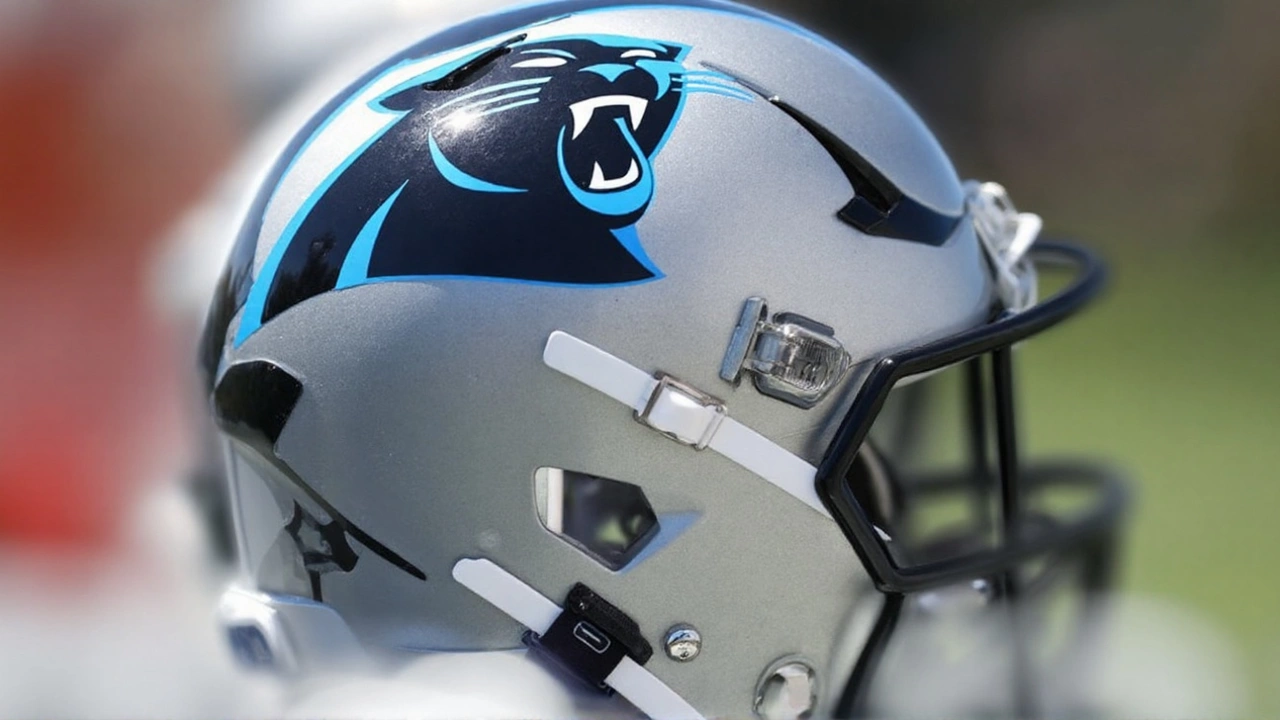What happened
The Carolina Panthers fired football communications coordinator Charlie Rock on Thursday after he posted a mocking message on social media about reports that conservative activist Charlie Kirk had been killed. The team moved quickly to distance itself from the post, telling fans and media the remarks were the employee’s own and did not reflect the organization’s standards. Rock is no longer with the franchise, according to people familiar with the decision.
Rock worked in the team’s football communications office, a role that typically covers press materials, daily media availability, interview logistics, and game-day credentialing. Before joining the Panthers, he graduated from the University at Albany and served as a team manager for the men’s basketball program. In NFL buildings, these behind-the-scenes posts are trusted to protect the brand in public, which is why personal social media conduct is not treated as a private matter when it crosses certain lines.
The post in question was described by those who saw it as mocking in tone. It was shared from a personal account, not a team channel, but it spread quickly. Within hours, the organization addressed it publicly and cut ties with Rock. The Panthers did not release the exact wording of the post and have not announced a replacement.
The post referenced reports that Kirk, a prominent conservative figure, had died in a shooting. As those claims ricocheted across social platforms, officials had not provided a full public account of what happened, and details remained unsettled. Newsrooms and law enforcement often caution that early reports in potential homicide cases can shift as investigators confirm facts and notify families.
Firing a communications staffer isn’t common, but timing matters. In a moment when emotions run high and facts are still being sorted, teams tend to act fast to avoid any perception they are making light of violence or taking a side in a political storm. That’s especially true for a club’s PR arm, which is supposed to lower the temperature, not raise it.
The bigger picture: social media rules in pro sports
Pro teams have written guidelines that cover what employees post online, even on personal accounts. The language usually bars speech that could be seen as harassing, discriminatory, or celebratory of harm. It also warns that public conduct—digital or in person—can reflect on the employer. That’s not unique to football; it’s standard corporate risk management across major leagues.
For communications staff, the bar is even higher. They are the people who coach players on what not to post, who craft apologies when someone slips, and who stand at the podium when a crisis hits. When a PR employee appears to ignore those rules, organizations often view it as a credibility problem that can’t be fixed with a warning.
Sponsors and broadcast partners add pressure. The NFL operates in an environment where a single viral screenshot can jump from a niche account to national TV in minutes. Teams know that any appearance of endorsing cruelty—especially tied to reports of a death—can bring consequences far beyond a comment section.
There’s also the legal and HR side. Many club employees work under at-will terms that allow quick termination for conduct viewed as damaging to the organization. Social media training sessions are now a routine part of onboarding, and they tend to emphasize a simple rule: if you wouldn’t say it in a press conference with cameras rolling, don’t post it.
Rock’s background underscores why the Panthers acted decisively. A football communications coordinator is gatekeeper and guide for reporters, players, and coaches. They manage sensitive information, from injury updates to personnel news. In that job, tone matters as much as timing. A misstep about a death—especially one still under investigation—cuts against the core responsibilities of the role.
This case also shows the blurred line between personal speech and professional identity. Employees often add their team affiliation to bios, tag colleagues, and post from the same phone they use at work. To the public, there is little difference between a personal page and a workplace statement, particularly when the person holds a communications title.
Here’s where things stand:
- Timeline: The Panthers issued a statement Thursday morning and terminated Rock the same day.
- Role: Rock served in football communications, a public-facing department with strict conduct expectations.
- The post: Described as mocking; the exact language has not been released.
- Employment status: Rock is no longer with the team.
- Context: Reports circulated about a fatal shooting involving Charlie Kirk; official details remained unsettled at the time.
What we still don’t know:
- Whether the team will name an interim communications coordinator or redistribute duties among existing staff.
- If the league office provided guidance behind the scenes or will issue its own memo.
- Whether the full content of the post will become public as part of any HR record or third-party reporting.
For fans, this won’t change how the team lines up on Sundays. But inside the building, it’s a reminder that the same standards players face apply across the roster of employees. The people who shape the message are expected to uphold it—especially when the subject is life and death.
The Panthers, like most pro clubs, will likely revisit social media training and reinforce guidelines in the coming days. That usually means refreshed examples of what crosses the line, clarity on disciplinary steps, and a request to pause before posting when tragedy is involved. In an era where the first draft of history is often written in a tweet or story, that pause can be the difference between a long career in communications and a very public exit.
